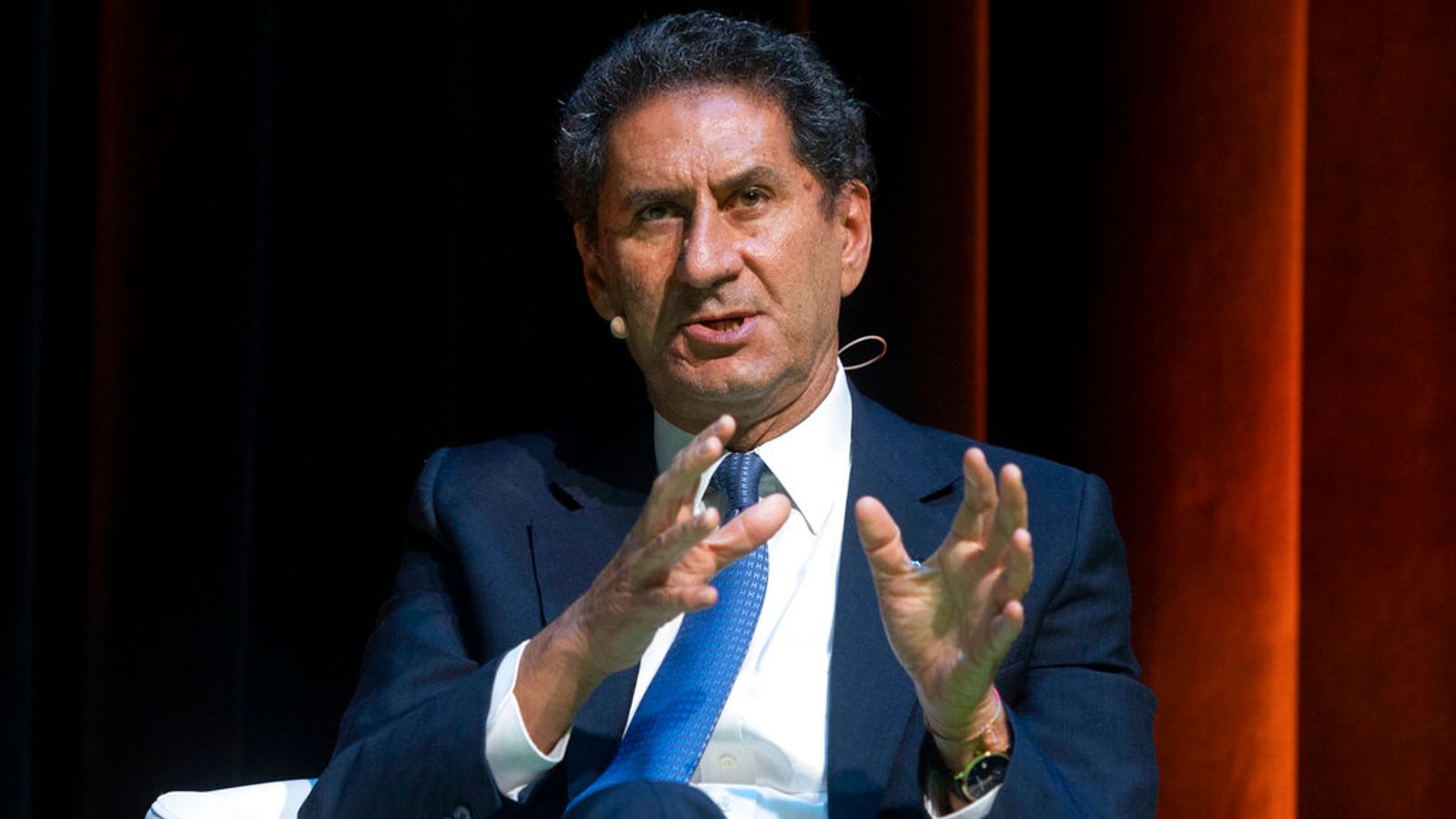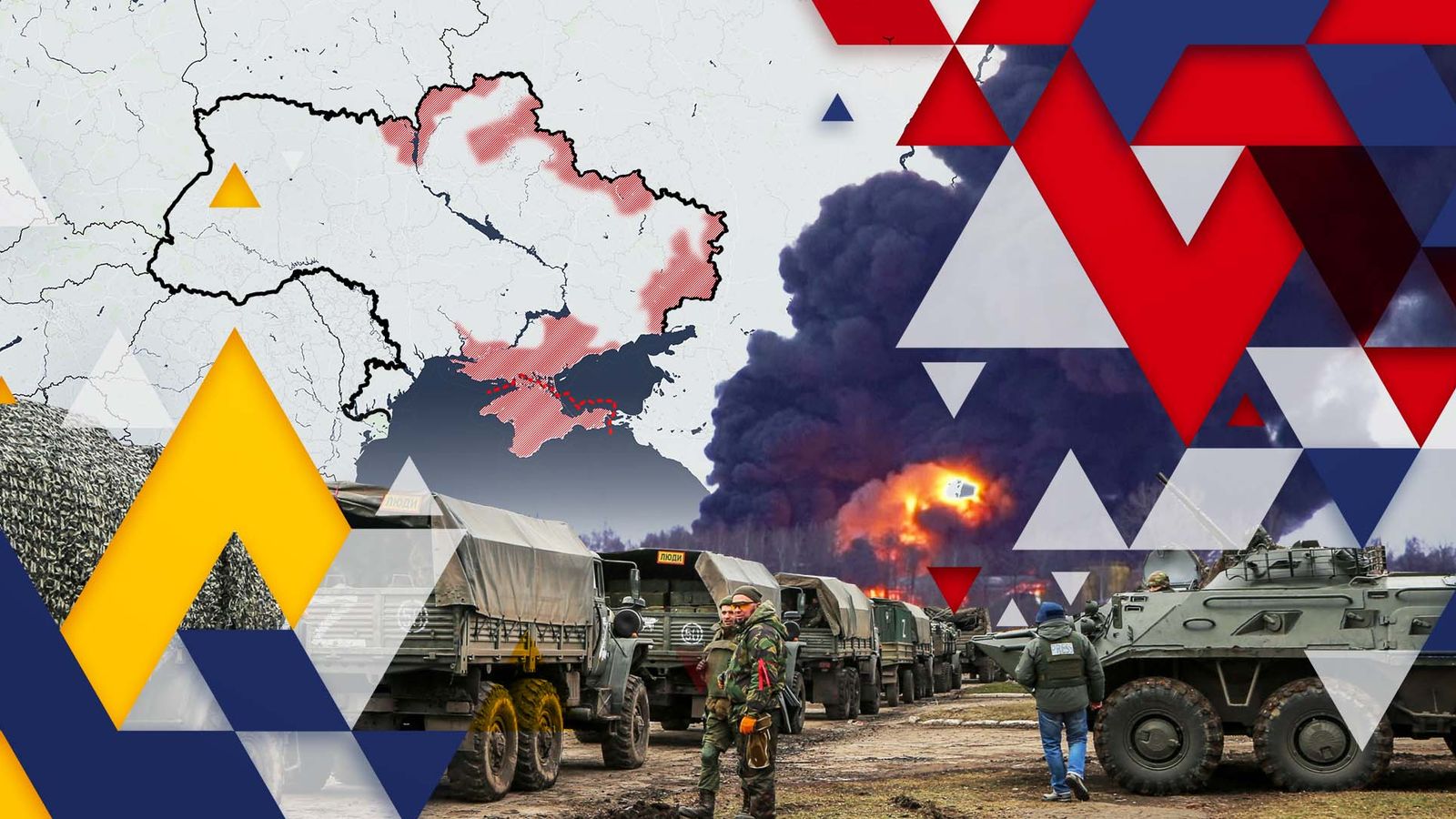It will take a ‘cyclopedic effort’ to achieve the headline-grabbing pledge on renewable power made at the Dubai climate summit, the head of the international renewables body has warned.
On Saturday, various leaders signed up to a raft of promises on energy at COP28, including 118 countries that joined a commitment to triple renewable power by 2030.
But today the head of the intergovernmental renewables body, IRENA, said it will be hard to achieve because the world had left it so late, while others cautioned it was only voluntary.
“The fact that we have delayed strong action, has put us now in the emergency, Francesco La Camera, director general of United Arab Emirates-based IRENA, told Sky News in an interview.
“We are proud,” added the IRENA boss, but “naturally this means a huge, cyclopedic effort.”
“I always made this a stupid example that says that it is like the Tom Cruise movie, Mission Impossible.
“We have to see if the government will come to be the Tom Cruise of this challenge.”
COP28 head says there is ‘no science’ to suggest phasing out fossil fuels is the only way to achieve key climate target
COP28’s staggeringly ambitious new pledge shows the world’s energy tastes are changing fast
COP28 host UAE has climate plan downgraded to ‘critically insufficient’ while hosting summit
However, in recent years renewables have plummeted in costs and soared in capacity, both beyond expectations.
These trends have been driven in some part by COP climate summits sending signals to markets, but were accelerated by the energy crisis sparked by the war in Ukraine.
The world is already on course to double clean power like solar and wind by 2030, if current government policies are fulfilled, according to analysis by climate thinktank Ember.
“Tripling requires a bending of the curve,” said Ember’s Dave Jones.
It would mean means growing annual installations by 17% per year to 2030 – “which is what we have already achieved on average from 2016 to 2023,” he added.
Please use Chrome browser for a more accessible video player
Francesco La Camera said tripling is “doable” but difficult, and would require new policies to address demand and financing for fossil fuels as well.
If policies “still continue to demand [fossil fuels], they will arrive”, said Mr La Camera.
Infrastructure is a problem plaguing many countries – including the UK – that are trying to ramp up renewable power, with grids struggling to keep up with the number of new electricity projects coming online. More ports and pipelines are desperately needed to transport the power, too.
Joab Okanda, pan Africa senior advocacy advisor at Christian Aid, said the announcement is “encouraging, but it’s not enough.”
The pledges are voluntary measures joined by some countries, but are not a part of the formal COP process.
“We need to see this translate into the real text,” he said, referring to the final treaty that all countries will sign up to at the end of the COP negotiations.
Diplomats are now attempting to translate the messages sent by leaders who jetted in for the start of COP into a draft version of the final text.
Tensions are simmering over whether fossil fuels, the primary cause of climate change, should be name-checked, a highly sensitive issue among major producers.
Watch The Climate Show with Tom Heap on Saturday and Sunday at 3pm and 7.30pm on Sky News, on the Sky News website and app, and on YouTube and Twitter.
The show investigates how global warming is changing our landscape and highlights solutions to the crisis.






